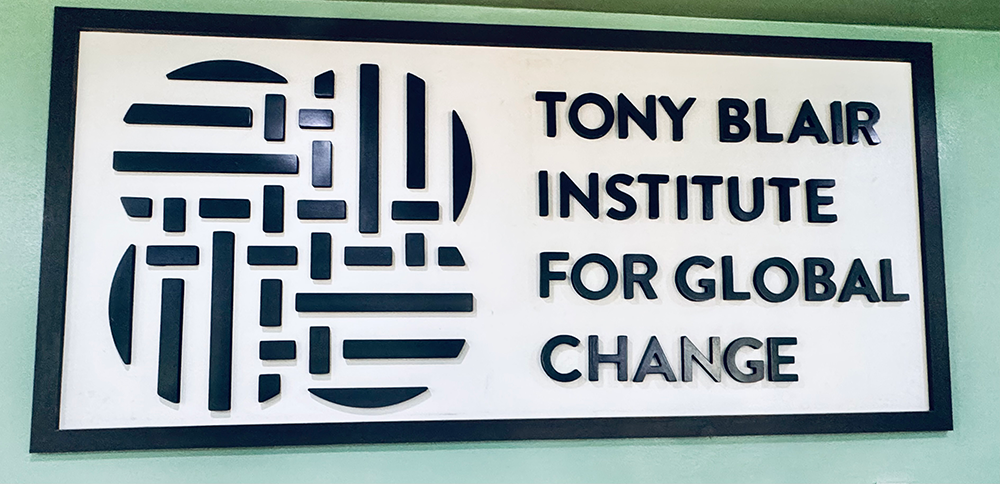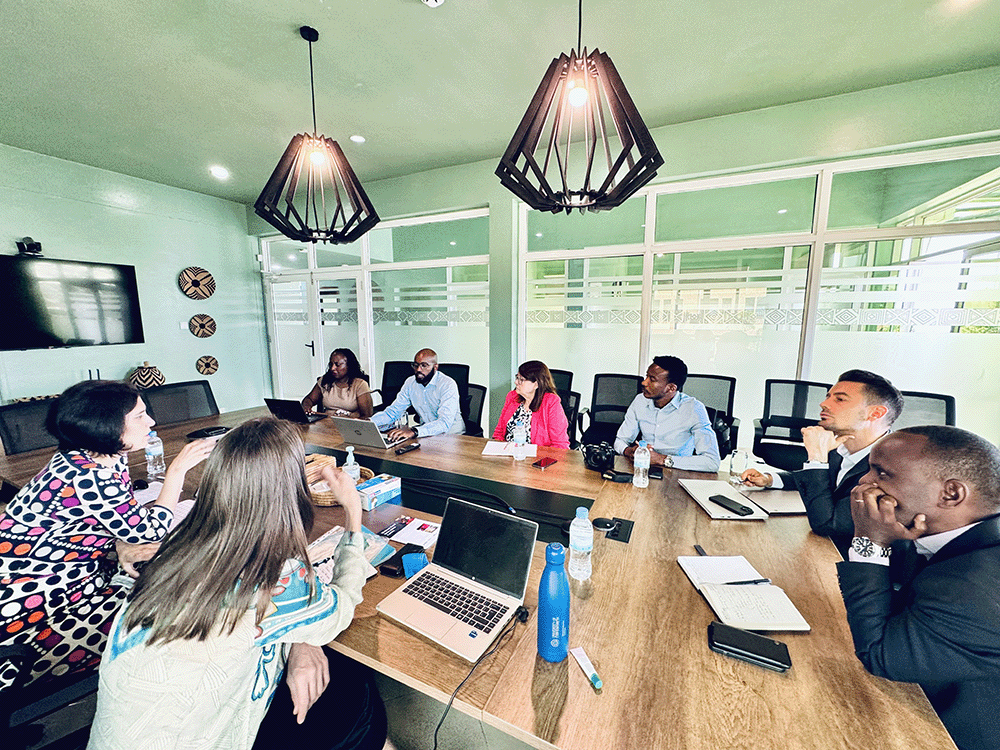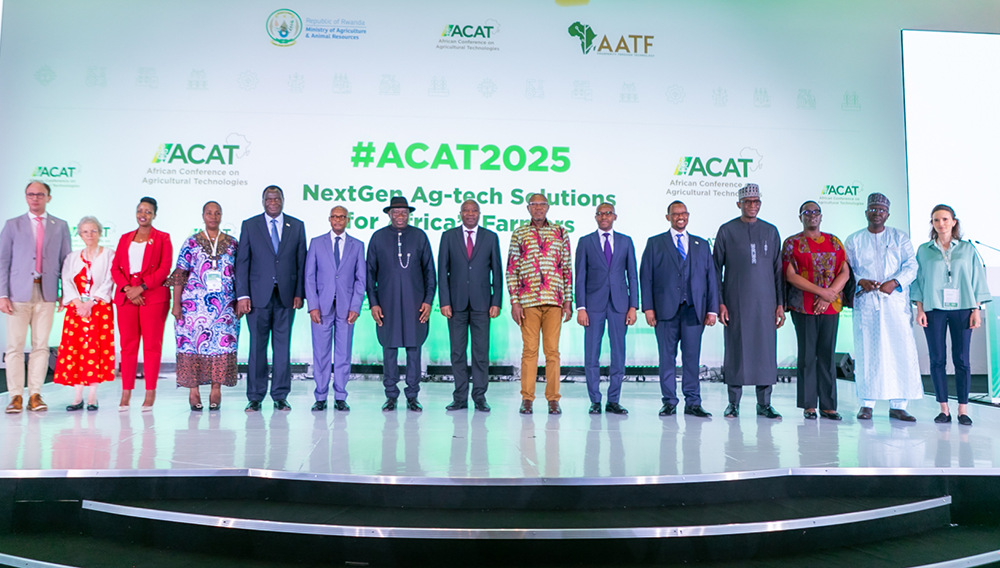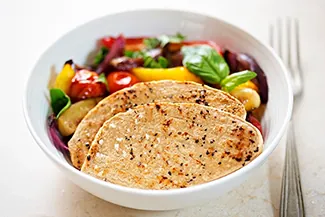Latest from Medway Food Innovation Centre

The Natural Resources Institute (NRI) is strengthening its strategic collaboration with the Tony Blair Institute to help drive agricultural innovation across Rwanda, placing local food entrepreneurs at the heart of sustainable transformation. This connects NRI's team directly with innovators throughout Rwanda's food sector, providing tailored support to help businesses process agricultural products more effectively, access new markets, and scale operations in ways that benefit both individual enterprises and their broader communities.
Comprehensive Support for Food Businesses
The NRI team is able to deliver one-to-one mentoring and technical expertise to diverse food businesses across Rwanda, including coffee enterprises, juice producers, chili sauce makers, and potato and banana processors. By identifying specific operational bottlenecks and growth opportunities, the partnership helps businesses minimise waste, extend product shelf life, and develop sustainable innovations using locally grown crops to reach regional and international markets.

Connecting Local Innovation with Global Opportunities
Through this collaboration, NRI and the Tony Blair Institute help entrepreneurs navigate market barriers while connecting them with potential UK partners. The partnership also facilitates access to business and technical support through the Medway Food Innovation Centre, creating pathways for Rwandan food businesses to leverage international expertise and resources.
Creating Lasting Impact
This combined effort demonstrates the power of strategic partnerships in unlocking growth for food and beverage producers. By strengthening business operations and adding value to local products, the initiative creates meaningful employment opportunities and boosts income levels throughout participating communities.
The ongoing collaboration between the Tony Blair Institute and NRI exemplifies how international expertise can be leveraged to drive sustainable agricultural transformation, without displacing existing knowledge and capabilities, but by building upon them.

Our team from the Natural Resources Institute recently returned from an incredible four days at ACAT 2025 in Kigali, where more than 800 delegates gathered to explore next-generation agricultural technologies under the theme "NextGen Ag-Tech Solutions for Africa's Farmers." As representatives of the Medway Food Innovation Centre, we found deep resonance between the conference discussions and our own mission to drive food innovation and support emerging entrepreneurs.

The Natural Resources Institute (NRI) is proud to announce that Valerie Pondaven was named a finalist for Knowledge Exchange Professional of the Year at the prestigious PraxisAuril Knowledge Exchange Awards 2024, held in Bristol.

Stepping into Macknade’s bustling food hall last week, an air of excitement filled the room as 20 visionary food startups prepared to pitch their products. These entrepreneurs, participants in the Growing Kent & Medway Food Accelerator programme, have come a long way from initial ideas to this pivotal moment, guided by Programme Lead Valerie Pondaven from the Natural Resources Institute (NRI).

We are excited to announce a groundbreaking partnership between Dr. Parag Acharya, Senior Fellow in Food Innovation at the Natural Resources Institute/Growing Kent & Medway, and Imperial College London's Bezos Centre for Sustainable Protein.

NRI’s Food Accelerator Programme showcased its rising stars and new entrants - all of whom are developing plant-based food and drink products – at the three-day food and drink festival, held in the gardens of historic Rochester Castle.

On Tuesday 24 January 2023, Rehman Chishti, MP for Gillingham and Rainham and Cllr Jan Aldous, The Worshipful The Mayor of Medway, joined Professor Jane Harrington, Vice Chancellor of the University of Greenwich, to declare open the brand-new food innovation centre at the Medway campus in Chatham.

NRI’s first Food Accelerator programme has begun and is speeding away from the starting grid. The initiative, which gives practical advice to new start-ups has welcomed its first intake of entrepreneurs, all of whom are developing plant-based food and drink ideas. Many of them started production in their own kitchens at home, but now want to experiment with increasing scale, tweaking the recipe or exploring how to pitch to retailers.

